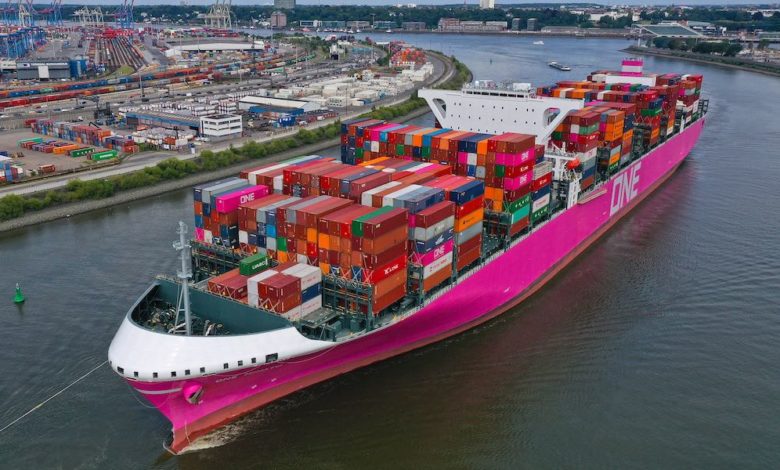Japan’s big three lines brace for challenging year ahead

As is customary in the first week of January, the heads of Japan’s big three shipping lines have given new year addresses, all three men urging caution on prospects for 2023 after a bumper 2022.
After a year in which containerships, LNG tankers and car carriers all registered all-time high rates, Nippon Yusen Kaisha (NYK), Kawasaki Kisen Kaisha (K Line) and Mitsui OSK Lines (MOL) are on course to post record results for their latest financial year, which ends on March 31.
Nevertheless, the three shipping giants, who together control more than 1,500 ships, are bracing for a far more challenging markets environment in 2023.
“Global trends in 2023 will differ from those of the past two years,” said NYK president Hitoshi Nagasawa. “The prolonged impact of covid-19, soaring energy prices, inflation worldwide, and the following monetary squeeze triggered by the Russia-Ukraine conflict are causing concern about an economic recession. With consumer spending slumping in Europe and other parts of the world, ONE, a major driver of earnings, is facing a tidal wave in its business environment.”
Global trends in 2023 will differ from those of the past two years
ONE – Ocean Network Express – is the joint venture containerline formed by NYK, MOL and K Line in 2017, and the major propeller of the current record earnings all three companies are enjoying.
Yukikazu Myochin, K Line’s president, commented: “Looking at the immediate business environment, a variety of unclear and uncertain situations have emerged that could have a significant impact on economic activities, including the protracted crisis in Ukraine triggered by Russia and the resulting surge in energy resource prices; the review of monetary easing measures in response to strong inflation and rapid interest rate hikes; and the direction of China’s zero-covid policy.”
Myochin said these combined factors make future demand very difficult to ascertain.
Takeshi Hashimoto, the president of MOL, told his employees in his annual address that the shipping market is always volatile, and he expects a reversal in market conditions.
“The global economy is in an overall downtrend, and we have also had to prepare for future market downturns,” Hashimoto warned, going on to outline plans to stabilise group earnings by incorporating non-traditional shipping businesses such as property, which are in a different market cycle than the shipping market, into MOL’s business portfolio.
The MOL boss also revealed there were no plans to halt its energy business, led by LNG, with Russia, something he said was in line with the direction of the Japanese government’s policy.
